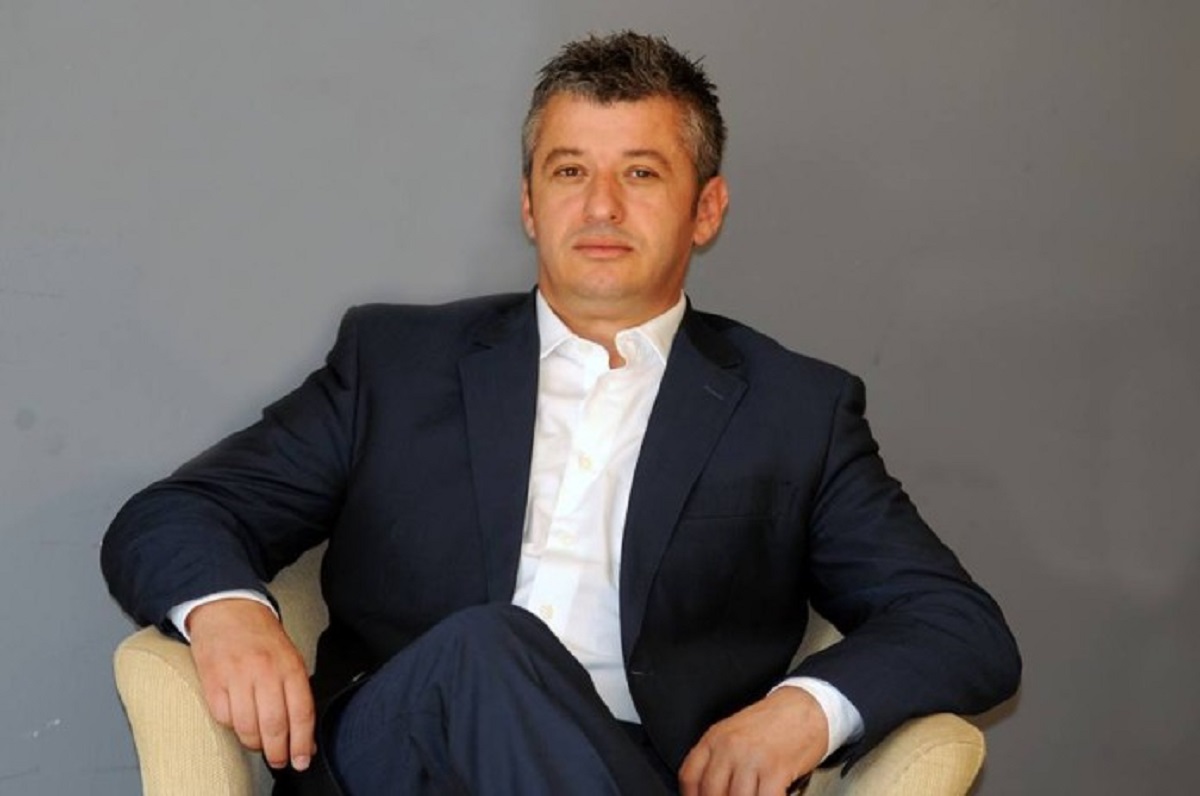
By Alfred Peza
The visit of the Prime Minister of Kosovo, Ramush Haradinaj to Tirana, is part of a ritual now each time a new government is elected in Pristina. And the opposite is also the case: once they take office, prime ministers of Albania almost always hold their first official visit in Kosovo. The same thing also applies to other levels of state protocol on both sides of the border: Presidents of both countries, Assembly speakers, ministers and other lower ranking officials, have the same priority in international relations.
Our media are clear on this, due to the specific historical relations. Therefore, they don’t make the big headlines.
The only thing which would really make the big headlines and which would be very interesting not only for the Albanian public opinion, but for the international community too, would be the opposite. If this rule of holding the first mutual official visits on both sides of the border would not be applied, this would be a real scoop. But this has never happened and will never happen, in my opinion.
Yesterday, Prime Minister Haradinaj was received with all the state honors. He was first received through a military ceremony at the Palace of Brigades, then he held a meeting with his counterpart from Tirana, Edi Rama, with president Ilir Meta, with Assembly Speaker, Gramoz Ruçi, opposition leader, Lulzim Basha, former PM, Berisha and the heir to the throne, Prince Leka II.
So far, there’s nothing to special to say or add. What I would want to comment on relates to something very important that I noticed during the time that I was following Mr. Haradinaj’s first three activities. First, the meeting of the two prime ministers with the delegations of both countries. The second activity was the inaugural meeting of the Commission for the Gjergj Kastrioti Pan-National Year and the third activity was the joint press conference of both prime ministers at 11.30.
In all of these three meetings, I noticed that the Albanian PM, Edi Rama had prepared a speech, the main topics of his discussions and ideas that he would elaborate on during this visit. In all three cases, he was very careful to have a letter in front of him, as he spoke not only as Prime Minister of Albania, but also as the head of the government which has a constitutional duty to uphold not only the interests of Albanians in Kosovo, but Albanians everywhere in the Balkans and the world.
Quite the opposite happened with the Prime Minister of Kosovo, Mr. Ramush Haradinaj. What was clear in all three of these activities was the fact that he improvised and said whatever came in his mind at those moments and without preparing the main topics of discussions beforehand. This was not only his personal obligation, but also the obligation of respective institutions, starting with his close staff, the embassy of the Republic of Kosovo in Tirana, ministry of Foreign Affairs in Pristina or other institutions of the government and state of Kosovo.
Of course, Mr. Haradinaj has a long experience as lawmaker in the Parliament of Kosovo and as Prime Minister (although for 100 days).
This makes him a self-confident politician, enabling him to improvise and speak without a piece of paper in front of him. Here, we’re dealing with something more than a simple formal matter. We’re dealing with something more than an ethical problem or a matter of public communication. We’re dealing with something more than a simple aspect of the language, style or the posture of the Prime Minister of a country. Here, we notice a bigger problem than a stereotype in the behavior or the way Prime Minister Rama or Haradinaj play their role. In reality, we are dealing with the awareness that a Prime Minister must have to plan rather than to improvise. These two elements seem to be unimportant and not very different to each other, but in reality, they make up the essence of everything and they show us why a state or a country differs from another, being historically more developed in every aspect than the other. They show how a country is more serious in its form, but also more developed in the social, economical and political aspect, which is in turn reflected in the standards of living and the perspective of its citizens.
The culture of planning and the culture of improvisation are the essence that that differentiates civilizations and as a result, the governments and their prime ministers.
It’s a known fact that the West has seen an early development to achieve its zenith in the modern era. This is not incidental. Among other aspects and other circumstances, this has also happened thanks to the fact that their societies have introduced the culture of planning in every aspect of their life, leaving nothing to chance and preparing the success that they have achieved in advance.
I also see the special care and attention that Prime Minister Edi Rama has shown, at least since 2013 when he became Prime Minister, in preparing his speeches or statements in advance, as an attempt to distance Albania from the culture of improvisation and introduce the country with the culture of planning. As a young state, Kosovo may still have many things to learn from Albania, which on 28 November, it will celebrate the 105th anniversary of Independence. But if decides to start with this aspect, then it only needs a little more planning. This would be enough to take another step toward the European family, where both countries are looking to be integrated as soon as possible.
Note: The views expressed in this article are the author's own and do not necessarily reflect Albanian Free Press’ editorial policy
